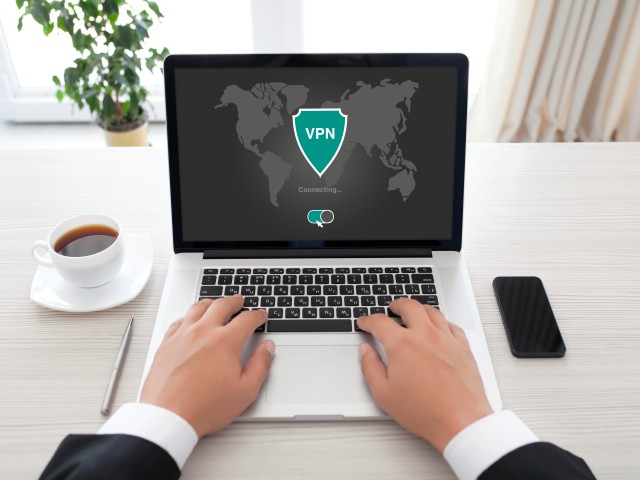
What is a VPN and How Does it Work
Data protection is a very important topic for those who take their privacy seriously. The web is a virtual jungle of servers, and the data that's stored on them can be very sensitive, especially when it has been harvested by hackers, who make use of advanced malware and/or surveillance methods. Fortunately, Virtual Private Networks (VPNs) allow most people to stay anonymous and secure while browsing the web.
At its core, a VPN is a network of servers which are located in different countries across the entire globe. By connecting your computer or mobile device to a virtual private network, you will be able to send and receive information securely between your computer and the server you have been connected to.
Whenever you try to access a specific site, the requests will be sent by the VPN server, and not by your computer. This means that third parties will not be able to see who is behind the VPN server, and thus monitor your online activity. They will never see your real IP address, which can be used by ISPs, government agencies and third-party data collectors to track you on the web; instead, they will see one of the IP addresses that are owned by the VPN provider.
More than this, VPN service companies use hundreds (and sometimes even thousands) of web servers, which are shared by all their clients. Therefore, the IP address of the virtual private network server cannot be associated with a particular person or organization.
Technically, a VPN creates an encrypted data tunnel over the Internet. Consequently, even if a group of hackers managed to capture your data packets, they would be unable to decrypt them.
VPN servers have the potential to prevent your data from falling into the wrong hands, while keeping the computer safe from snooping malware, hackers, and other unwanted stuff. If you want to browse the Internet anonymously, you should use a VPN server.
It goes without saying that virtual private networks shouldn't be your sole line of defense. The destination sites may use specially crafted cookies to identify your computer, and then track your activity across the web, for example. Nevertheless, VPNs can keep many malware applications and hackers at bay.
Most virtual private network vendors provide apps that can run on computers and mobile devices, encrypting your data, and then sending it to the VPN infrastructure. Once that it has reached the destination server, the data is decrypted and sent to the desired URL (Internet address).
Some people offer free VPN services, but our recommendation is to avoid them. Virtual private networks are expensive to run and maintain, and their owners are interested in making a profit for sure. So, it is highly likely that free VPN service providers sell their users' data. In fact, some of these providers may even be hackers who try to harvest people's information!
If you want to buy access to a virtual private network, start by googling "best vpn", open a few search results, get all the names in the top 10 lists, and then Google them individually. Read as many user reviews as you can, and the pick the service that meets all your needs. Keep in mind that many providers will allow entire families to connect to their servers for free, if one of the family members has a paid VPN account.
Test each service that provides a 30-day trial; you will discover that some providers have more servers, provide faster Internet connections, and so on. It is known that VPN software will slow down Internet connections, because the data needs to pass through more servers before reaching its destination.